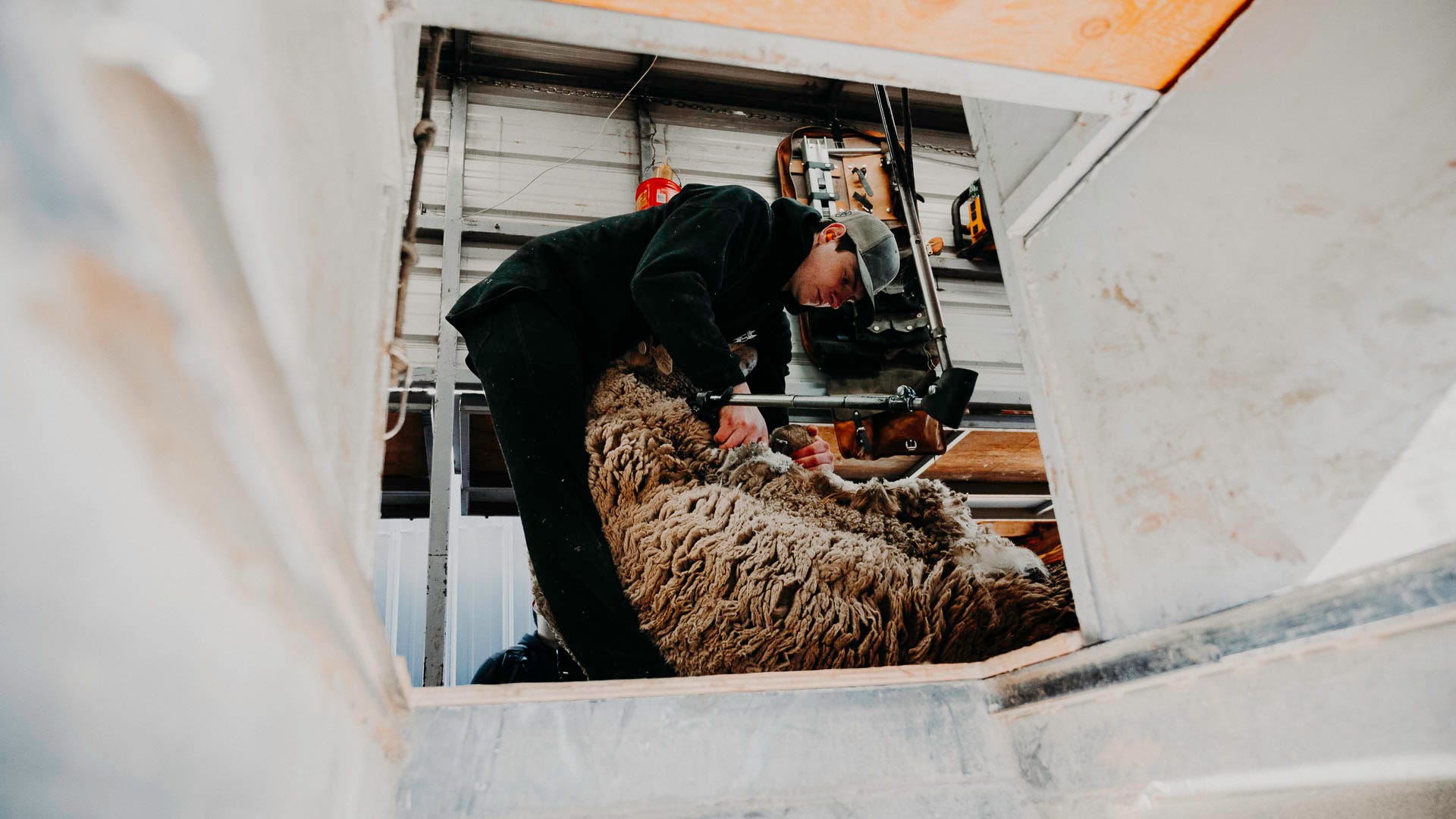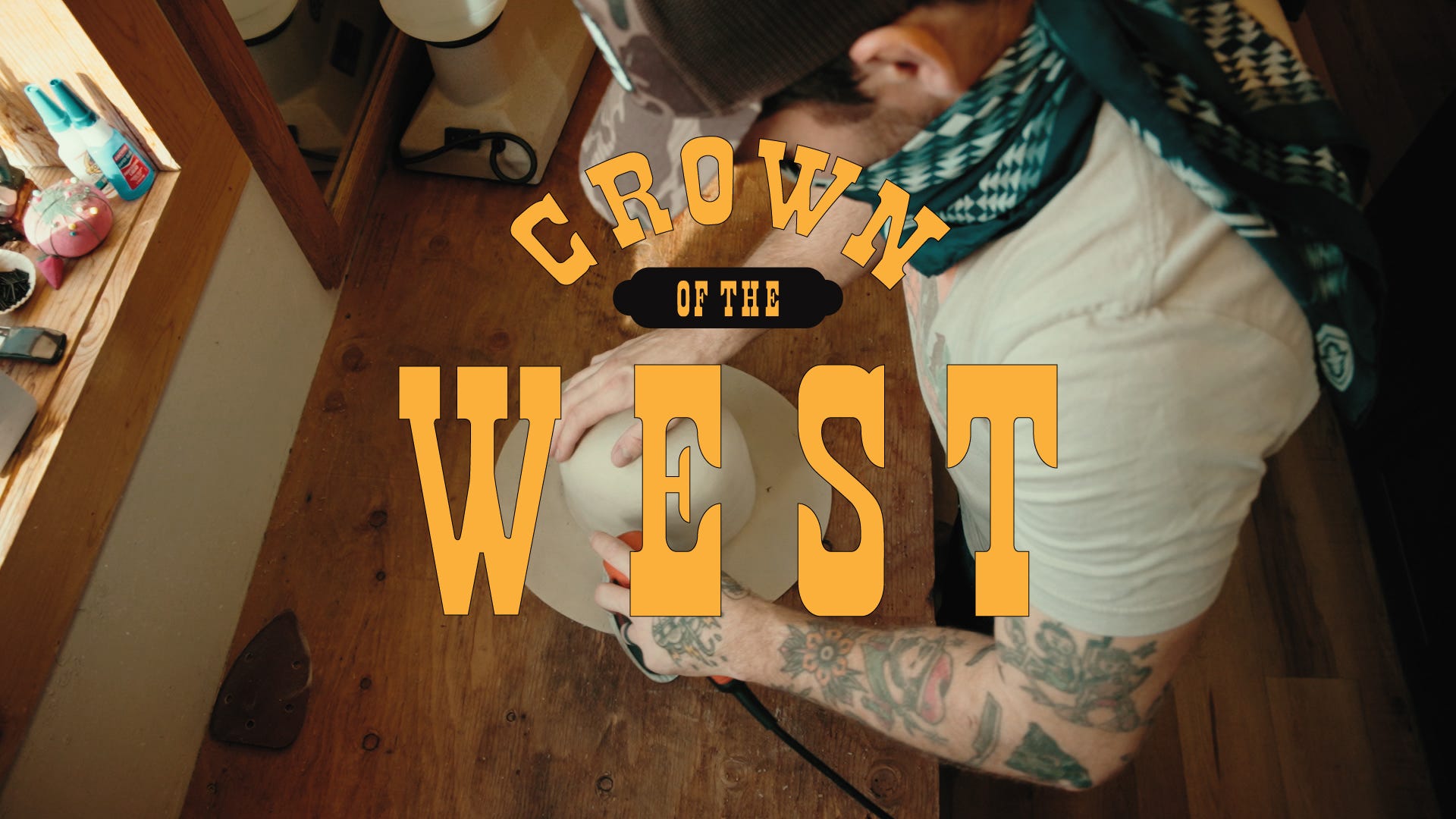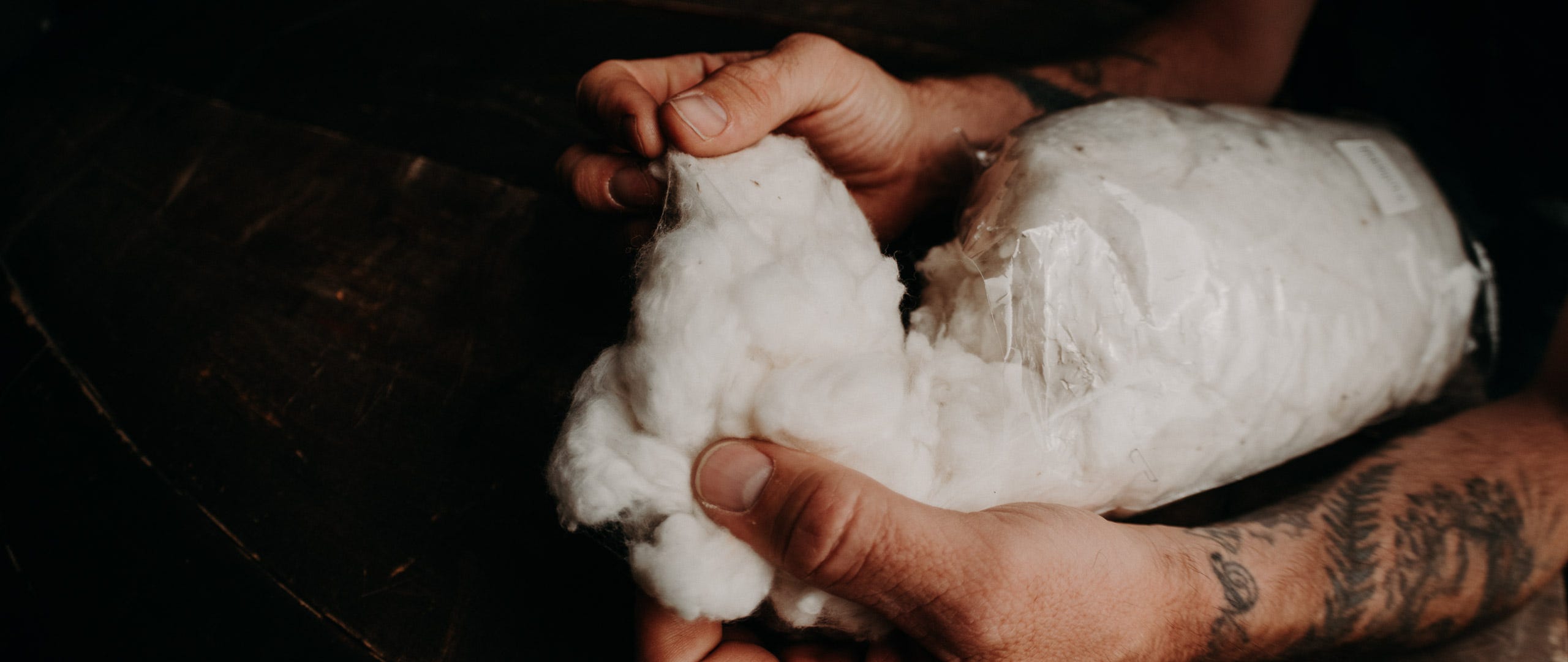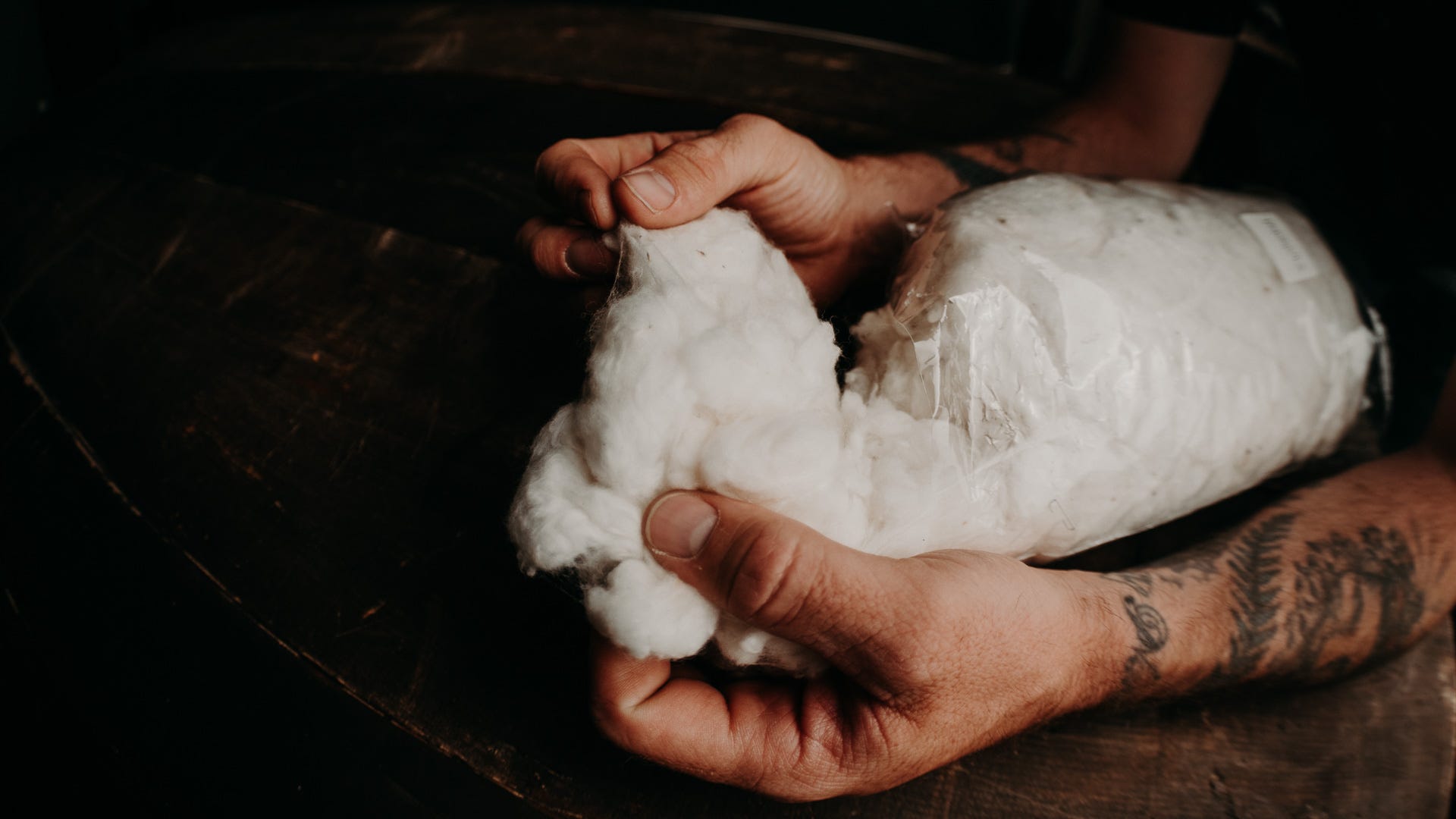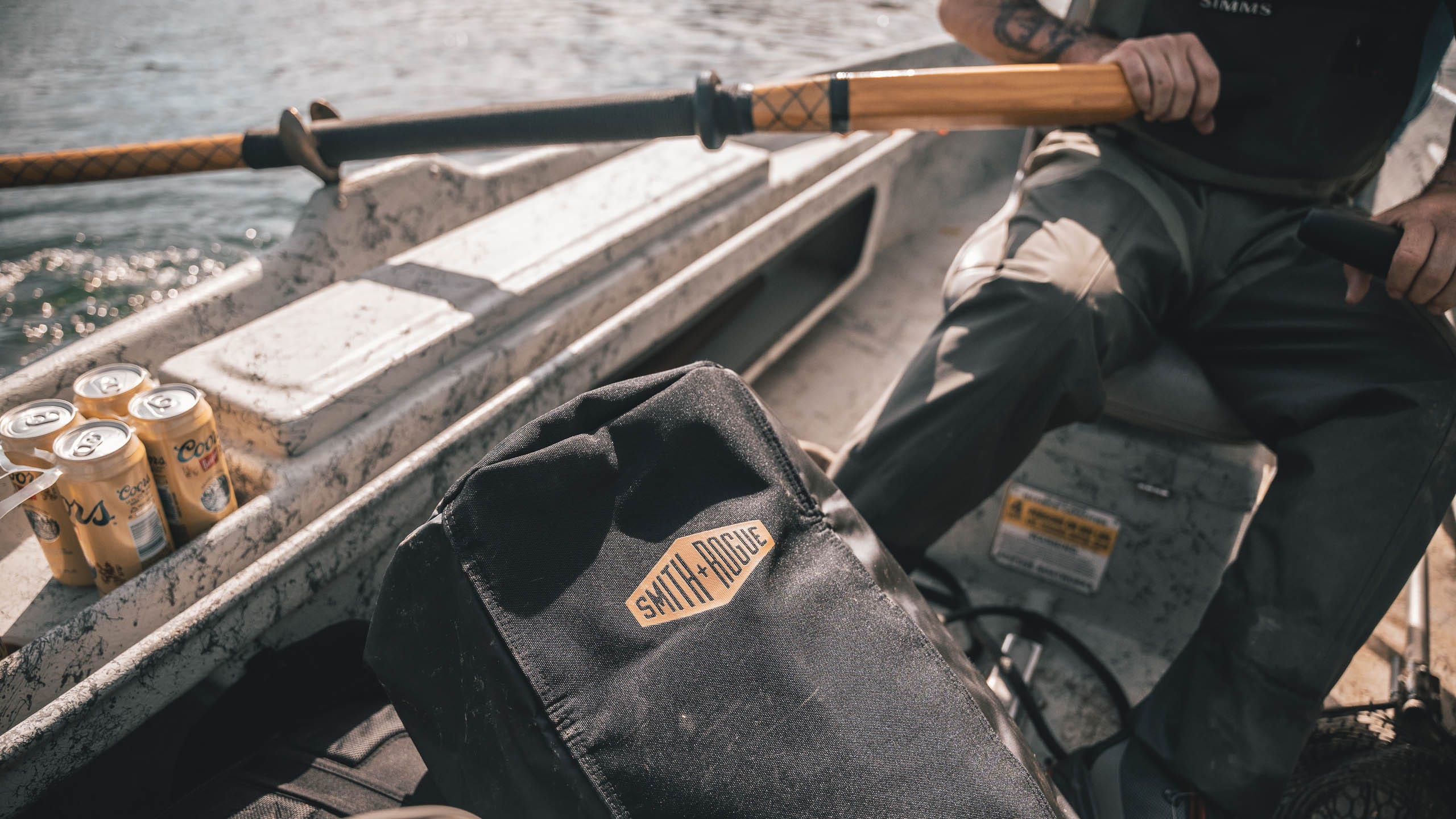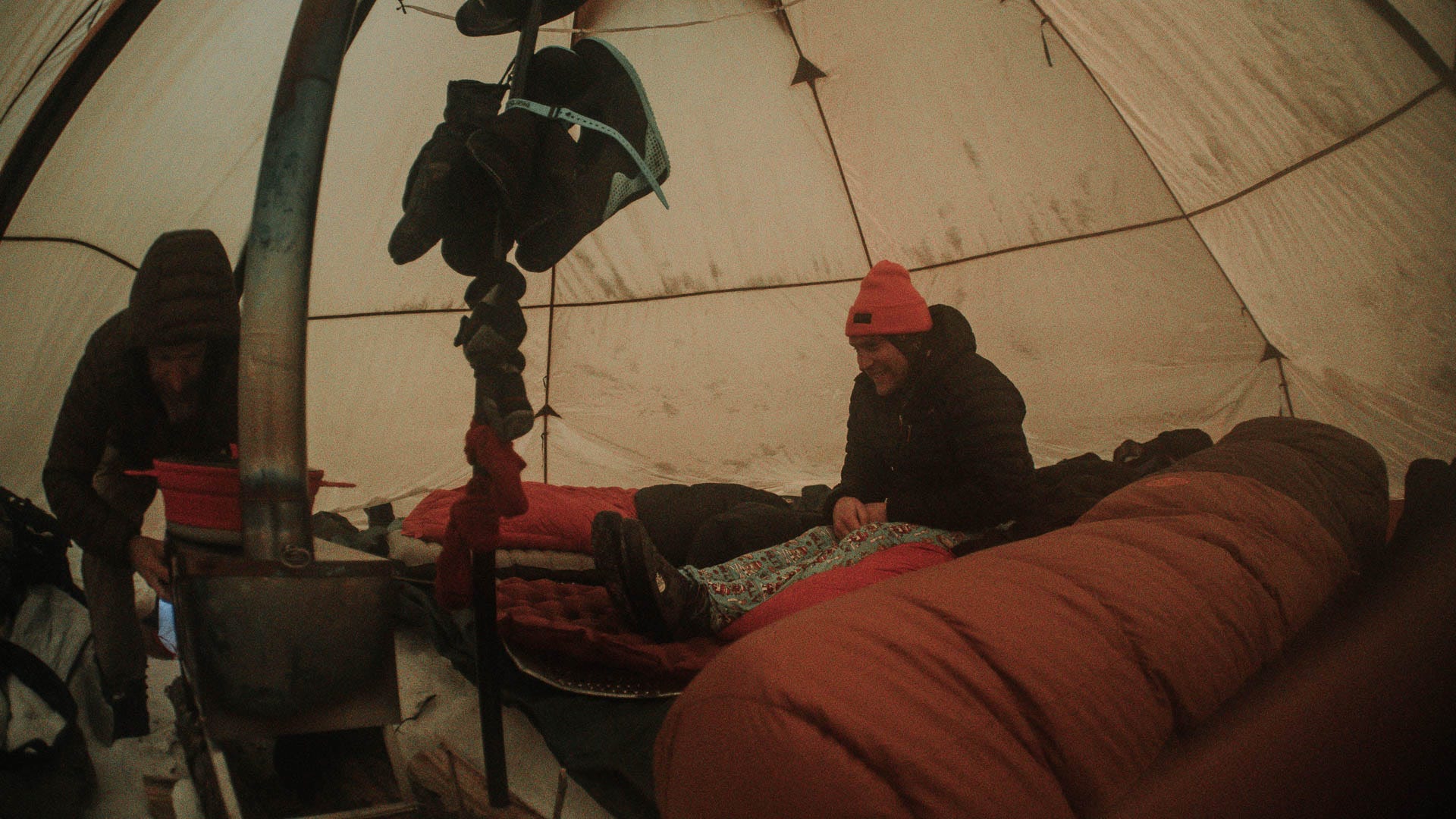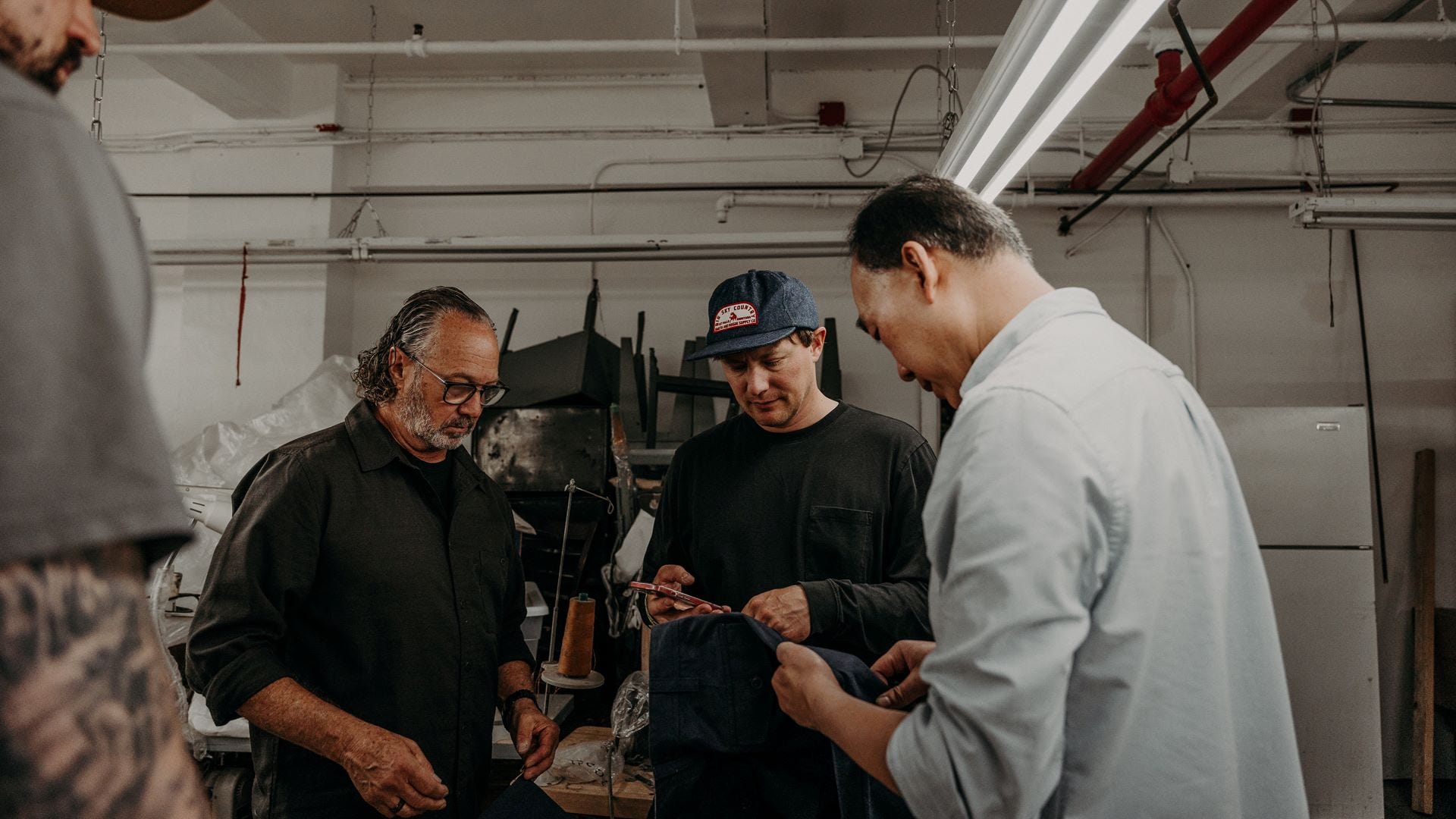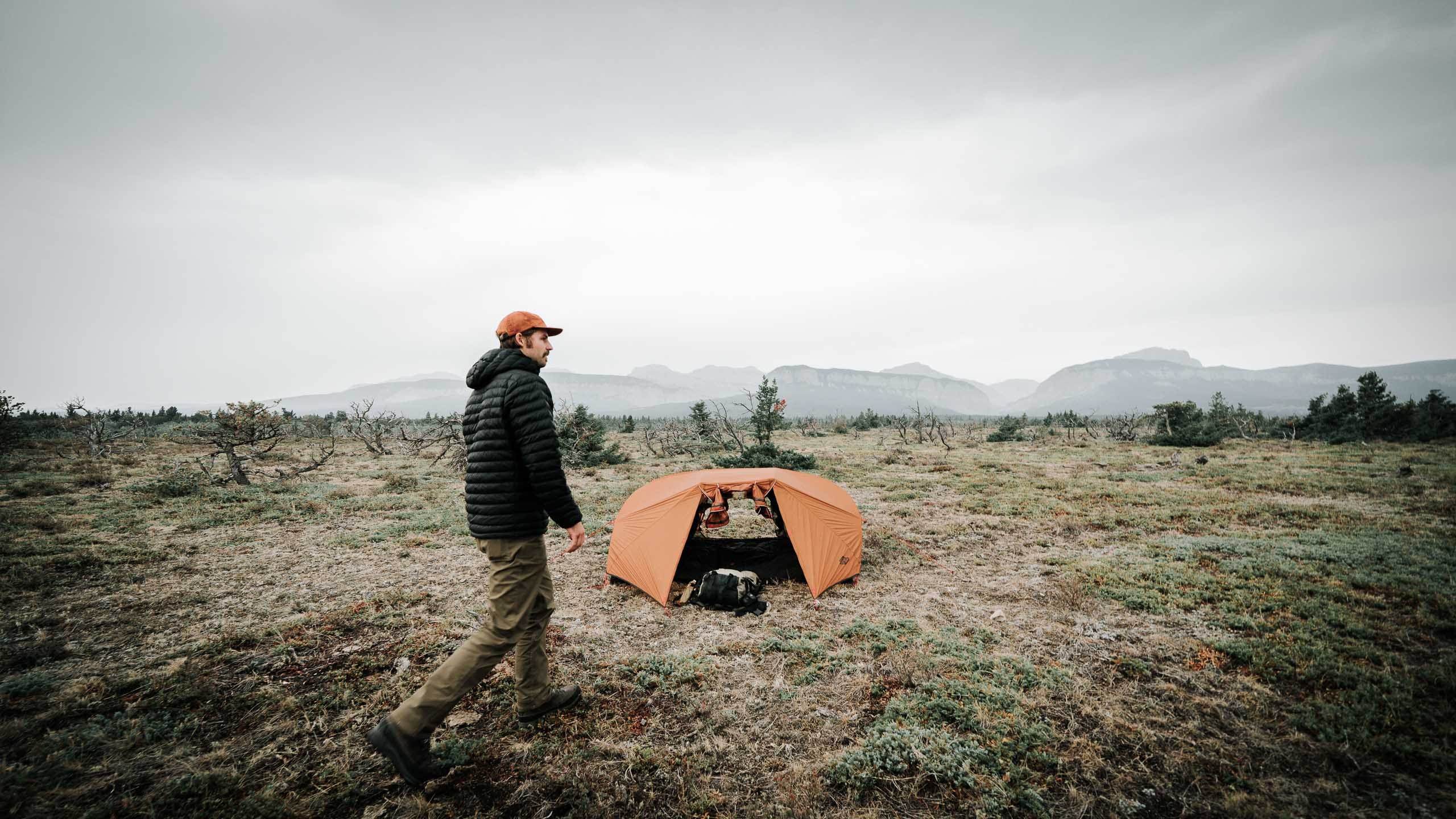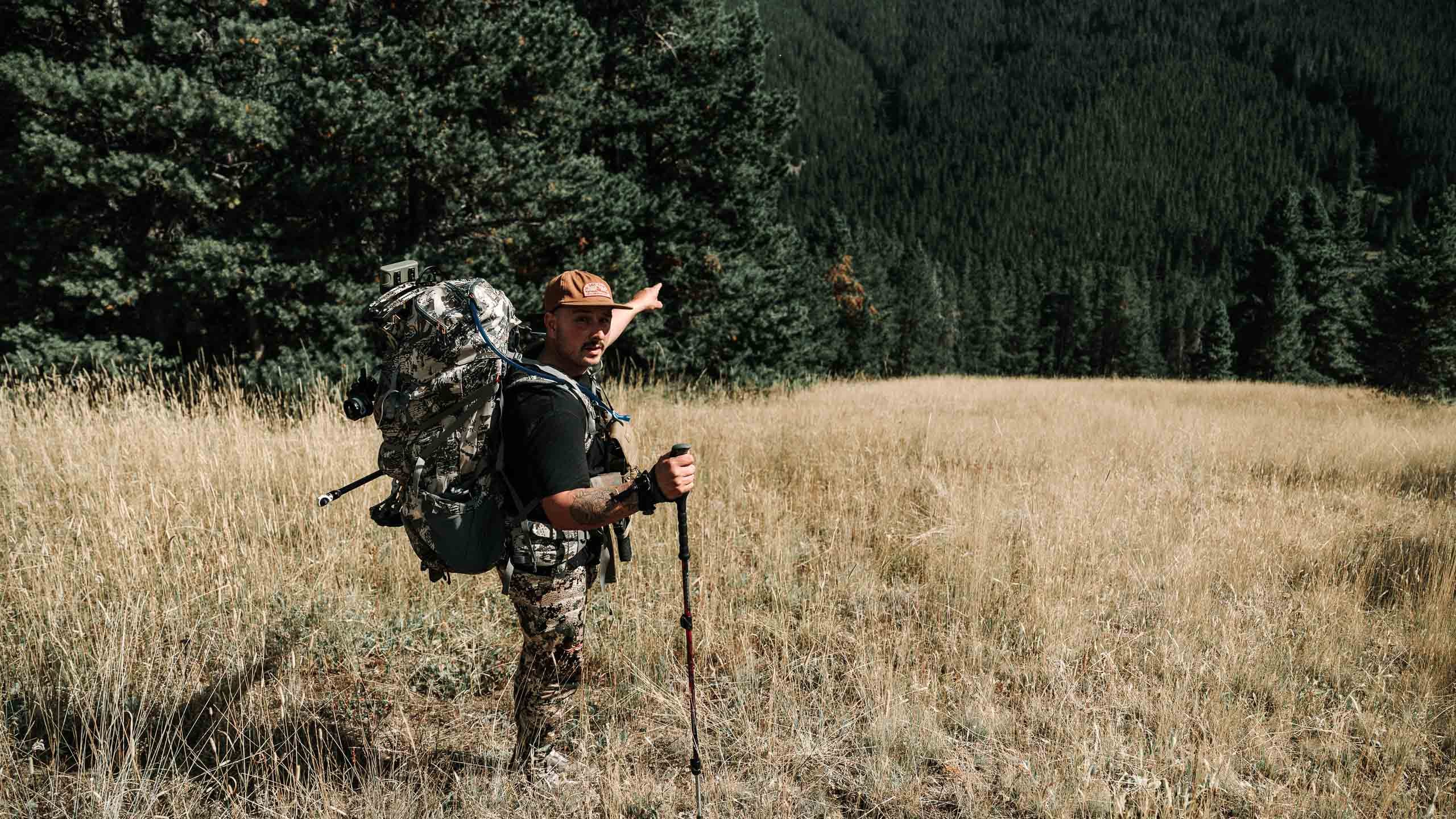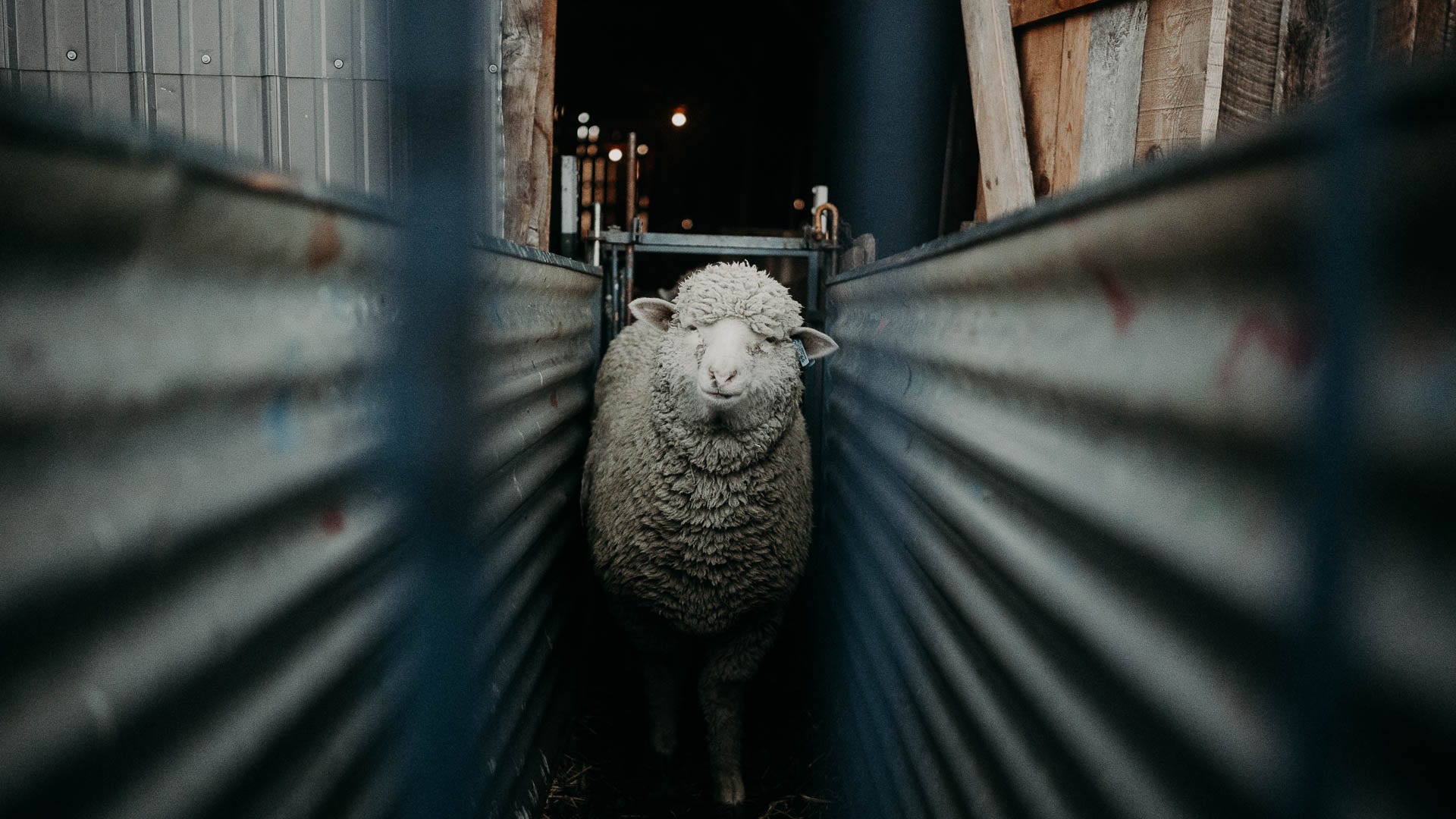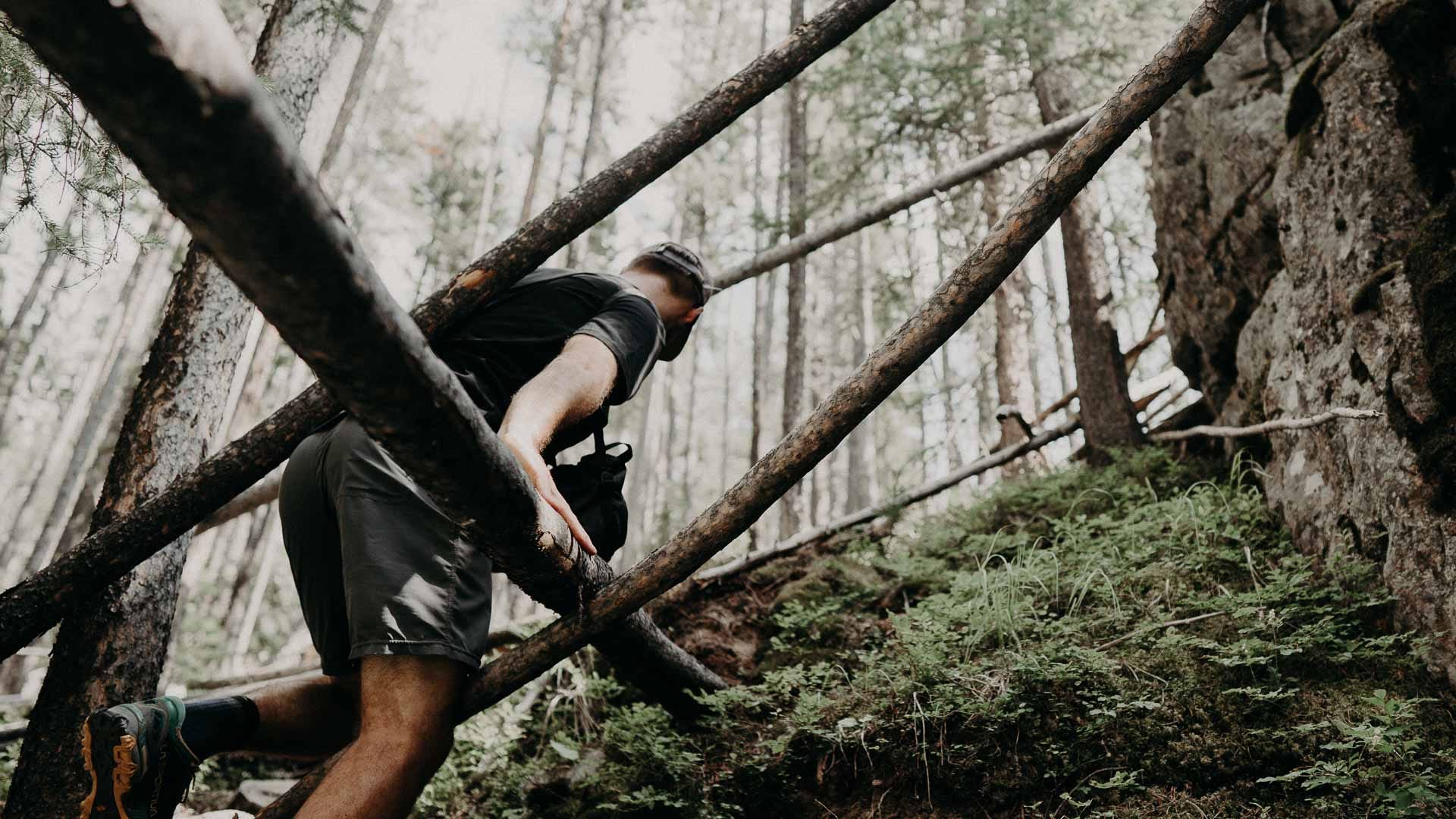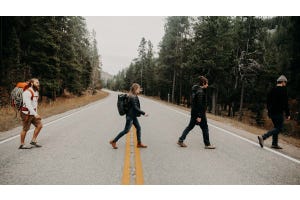Blog
Its never too late to pick up a new passion. Avery Shamek is a man of talents and motivation. He was sort of a late bloomer when it came to art and his passion for it. He works in the Smith and Rogue warehouse by day, does tattoo work in his downstairs studio, as well as digital illustration and all sorts of techniques including pencil, pastel, and watercolor.
Read more-
Categories: DESIGNPosted: March 12, 2024
The story of Italian wool is epic, filled with rich heritage, top-notch quality, and a style that never goes out of fashion. Its roots go way back, all the way to the beginning of civilization with the Etruscans laying the groundwork for those incredible fabrics that would shape fashion for centuries. From the fancy clothes of Renaissance nobility to the cozy knitwear we love today, Italian wool has always been a symbol of luxury, comfort, and timeless style.
Read more5 Min -
Posted: February 16, 2024
Making western hats by hand started as a hobby in his Airstream Trailer, the rest is history. As a Montana brand ourselves, we are always on the lookout for other creators doing rad stuff in our home state. And after meeting John and Gina we had no doubts about a the beginning of a partnership.
Read more5 Min -
Posted: July 14, 2023
Look, the Garment Industry is full of misleading a far-flung claims about these “hot topics.” Most of what is considered “ecofriendly” is made from recycled plastics like water bottles and old fishing nets. This is turned into polyester which takes up over half of the textile fabric produced globally. Recycling is not always an environmentally neutral endeavor. There is the issue of sourcing (collecting) and transporting and the process of breaking down the bottles themselves into a usable fabric. The biggest issue though is microplastics, a problem becoming more and more relevant in today’s world.
Read more2 minutes Min -
Posted: June 01, 2023
Should you wash your down sleeping bag? Yes, You Should To wash or not to wash? That is the question. Some people claim washing their bag ruins it. But that all depends on how you wash it and what you wash it with.
Read more2 Min -
Categories: DESIGNPosted: May 31, 2023
Clothing you see at department stores and shops across the country is mostly made overseas thanks to economic forces of globalization. Globalization though, in our minds is not always a bad thing. Trade and technology have lifted many nations out of poverty. Food we grow here in the states, (Montana grows a lot of wheat) can be shipped all over the world.<br<br>And just to be up front. We are not black and white on this issue. Some might say all in the US or nothing. But for us, our goal of providing quality goods western amigos + amigas can afford, is not always feasible here in the States. We don’t want our customer spending their paycheck on a jacket, just so they can go back to work to pay for the pants next month. Sometimes it just costs too much to make it in the USA.
Read more5 Min -
Posted: May 30, 2023
When it comes to buying a tent one of the first questions we get is, how much does it cost? The other question being how much does it weigh? Asking how much a tent costs is a great question. Knowing how much a tent costs can tell you generally how much time and resources a manufacturer put into research and development (design), finding and sourcing quality materials (fabric and hardware), and effort into cutting the trail weight (generally the lighter the pricier). Price is also a personal thing (obviously), so if you need the best of the best, you are often going to have to pay for it. And with respect to each category, expect to pay more for a lighter tent. In our experience, lighter is not always better. But again, that all depends on what your end goal is. Below is list of some of our favorite tents by price. In our opinion...
Read more5 Min -
Posted: January 27, 20235 Min
-
Posted: June 22, 2022
What are t-shirts usually made of? Polyester, wool, silk, or cotton to name a few, Usually though a combination of polyester and cotton. Polyester is plastic, often recycled from used water bottles. Our tees are made from 100% cotton, becasue we prefer natural fibers whenever possible, especially next to skin. Perhaps one of the most important thing to consider, when considering a tee shirt, is comfort. Comfort is never overrated. And when it comes down to comfort, there are a couple of factors to consider: breathability, hand feel, and fit.
Read more5 Min



